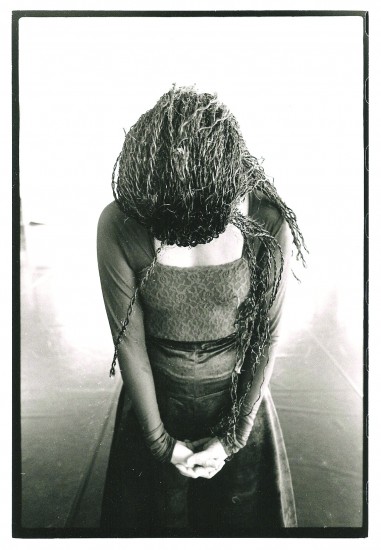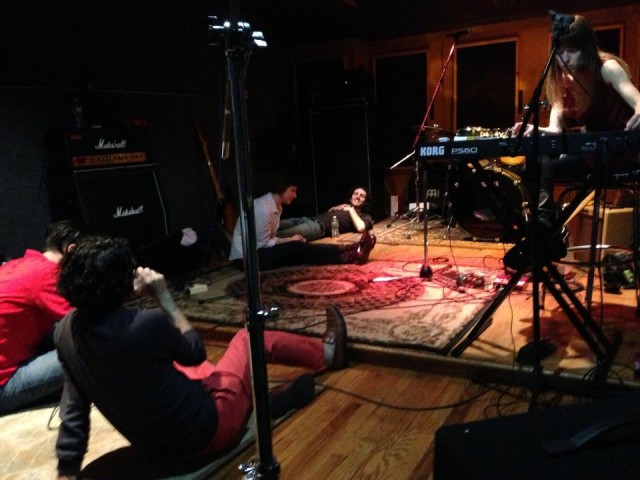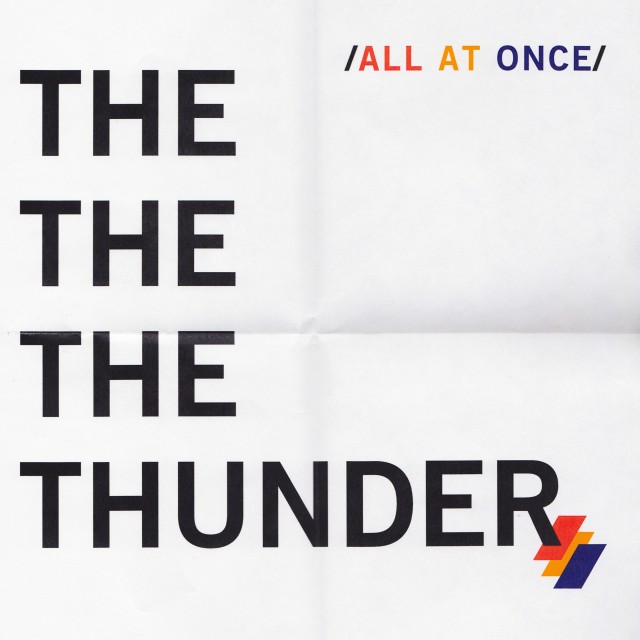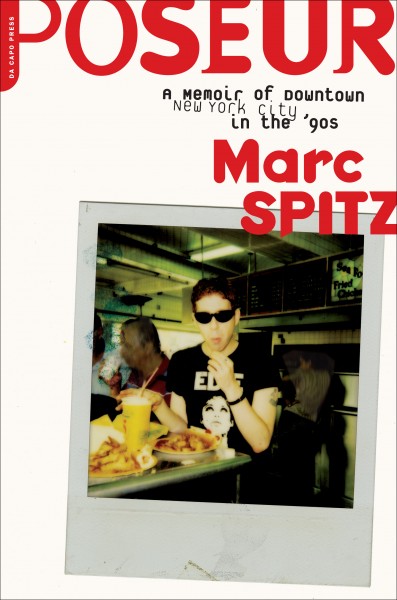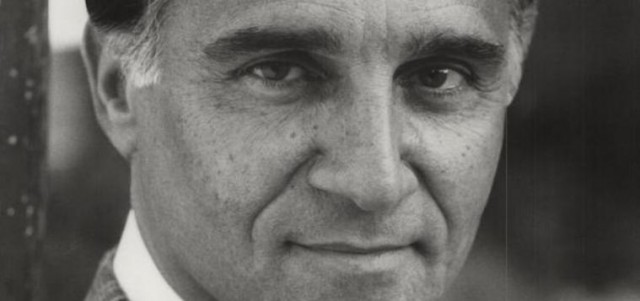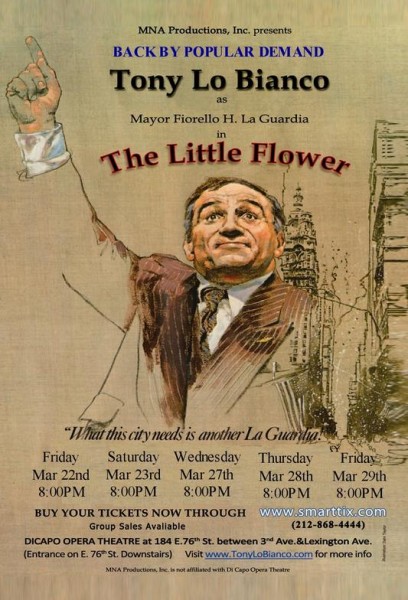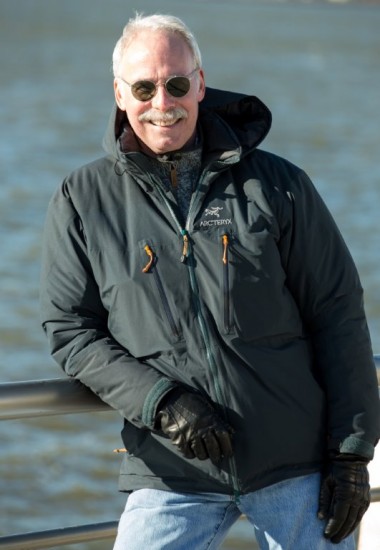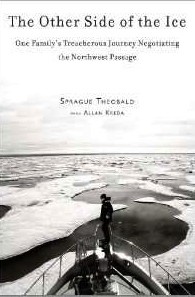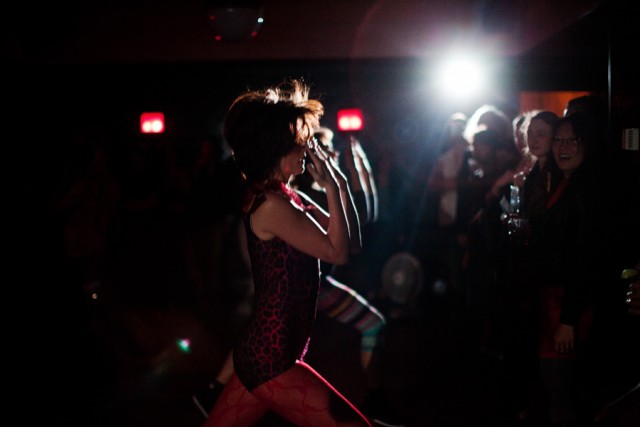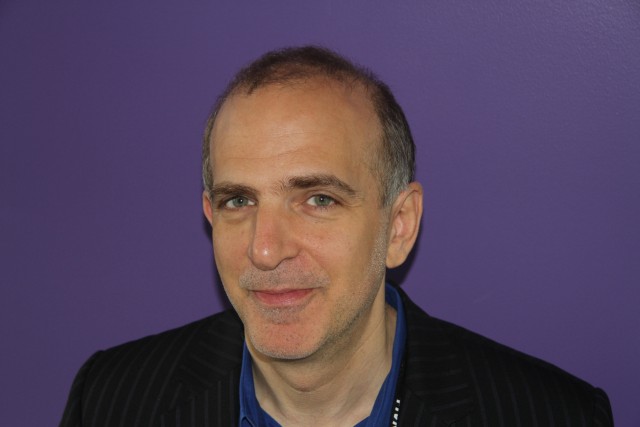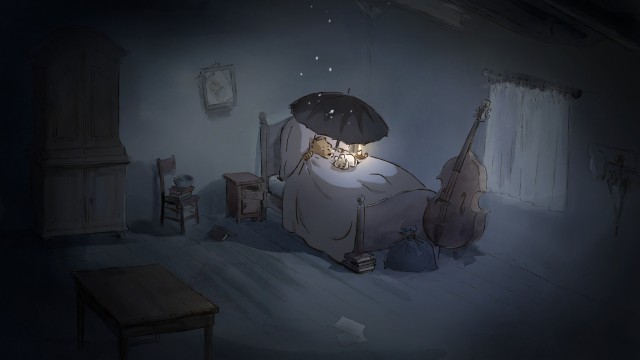LIVE IDEAS: THE WORLDS OF OLIVER SACKS — RE: AWAKENINGS (DANCE)
New York Live Arts
219 West 19th St.
Thursday, April 18, 8:00, and Saturday, April 20, 4:00, $40
Festival runs April 17-21
212-691-6500
www.newyorklivearts.org
www.ladonnadance.org
In the preface to the 1990 edition of his bestseller Awakenings, Dr. Oliver Sacks wrote, “It is now 21 years since my patients’ awakenings, and 17 years since this book was first published; yet, it seems to me, the subject is inexhaustible — medically, humanly, theoretically, dramatically. It is this which demands new additions and editions, and which keeps the subject for me — and, I trust, my readers — evergreen and alive.” In celebration of Sacks’s upcoming eightieth birthday (on July 9) and the thirtieth anniversary of the publication of Awakenings, New York Live Arts is hosting its first Live Ideas festival, “The Worlds of Oliver Sacks,” five days of special programs that medically, humanly, theoretically, and dramatically examine and explore the good doctor’s inexhaustible contributions to the field of science and the arts. The festival includes the world premiere of Bill Morrison’s short film Re: Awakenings; a series of talks delving into Sacks’s work with people who have Tourette’s, Parkinson’s, and hearing loss; an evening of music and dance with the Orchestra of St. Luke’s, choreographer Aletta Collins, dancer Daniel Hay-Gordon, and conductor Tobias Picker; back-to-back presentations of Harold Pinter’s A Kind of Alaska, the first with spoken words, the second in American Sign Language; and such panel discussions as “Disembodiedness: Body Image & Proprioception,” “Musicophilia & Music Therapy,” “Neurologists & Philosophers Consider Sacks at 80,” and “Minding the Dancing Body,” the latter bringing together NYLA executive artistic director Bill T. Jones, Miguel Gutierrez, Colin McGinn, Alva Noë, and Gwen Welliver.
Sacks himself will participate in an Opening Keynote Conversation with Jones and will introduce a screening of the 1974 British television documentary Awakenings, followed by a Q&A. “Live Ideas” also features a pair of works by New York-based choreographer Donna Uchizono, performed by Levi Gonzalez, Hristoula Harakas, and Rebecca Serrell Cyr: a “Sacksian version” of Uchizono’s 1999 State of Heads and the newly commissioned Out of Frame. Earlier this week Uchizono discussed her involvement in this inaugural festival while preparing for the April 18 and 20 shows.
twi-ny: How did you get involved in “Live Ideas: The Worlds of Oliver Sacks” in the first place, and how familiar were you with his work prior to becoming part of the festival?
Donna Uchizono: I received a phone call from [NYLA artistic director] Carla Peterson asking me if I would be interested in creating a work about Awakenings based on Oliver Sacks’s work. I was, of course, completely honored and intrigued while simultaneously humbled by the offer. My father had his PhD in psychology and was interested in the workings of the brain. My father had a great love for books and had a huge library. Oliver Sacks’s books were among the many books my father owned. He gave me a copy of The Man Who Mistook His Wife for a Hat to read quite a long time ago. I had also seen the film Awakenings so was somewhat familiar with the horrible loneliness and “silent scream” of sleeping sickness. Heartbreaking. It’s quite a different challenge being commissioned to create a work about a specific topic other than a concept that is driven by oneself. The new work is turning out to be much more representational than work that I normally create, which I think is quite natural given the subject and the context in which it will be performed.
twi-ny: You’ll be presenting State of Heads, which premiered at Dance Theater Workshop in 1999. Why did you choose this to be part of your Sacks presentation?
Donna Uchizono: Coming out of a much larger discussion, the reasons for State of Heads being in the program are many and beyond the scope of this writing. But when the suggestion to move away from a program that included a play, music, and dance on one evening, to that of separate evenings of dance, music, and theater, State of Heads was discussed as a piece that may be included in the evening of dance because of its movement vocabulary. As I wrote in the choreographer’s notes, State of Heads explores the feeling of waiting and the passage of time in the state of hiatus where familiar time and scale are pushed. Using the separation of the head from the body as a point of departure, in an exploration of disjointedness and the sense of a will apart from the mind driving the movement, surprisingly created a world of endearingly odd characters. State of Heads reveals endearment in the awkward where the ordinary become extraordinary. The accounts of the patients that Oliver Sacks writes about in his book Awakenings are remarkable, where most definitely the ordinary become extraordinary and where profound “humanness” is found in the most unlikely places and time.
twi-ny: You’re also debuting Out of Frame, incorporating text from Dr. Sacks’s work. What was it like transforming his scientific studies into dance?
Donna Uchizono: I rarely use text in my work, but Oliver Sacks is not only a neurologist of note, he is also a well-known writer, thus it seemed natural to use his words. It was Oliver Sacks’s words that conjured up the images and movement for Out of Frame. I made a conscious decision not to view Bill Morrison’s film that incorporates actual archival footage or revisit the film Awakenings while creating the new work. I did not want to imitate but rather to create the movement vocabulary and images from Sacks’s writings. I was deeply moved by Dr. Sacks’s humane understanding of the plight of his patients. It was the idea of compassion and the need for tenderness towards the individuals that drives the work, rather than his scientific studies. The short solo seems to float between three states — the physical torque of the disease, the human beneath the dress, and the dreamlike temporary state of L-DOPA.
twi-ny: This year marks the twenty-fifth anniversary of your choreographic debut. What are some of the key differences in being a New York City dancer-choreographer in 1988 as opposed to today?
Donna Uchizono: I feel quite lucky to be part of a generation that started to show their work during the late 1980s and early ’90s. At that time it seemed as if anything was possible. We could design spaces, design programs, and find places to create. We were not yet aware of the looming financial shutdown that was about to happen. We looked around at other choreographers and there seemed to be a possible linear path moving from individual and emerging choreographer to having a small dance company. By the mid-’90s the financial wall had crumbled. I think it is much harder to make work now. Well, it is for me anyway. Young choreographers today seem to be much more aware that there is no obvious financial path. What remains the same is the need to make work.
twi-ny: You’ve had a long relationship with Dance Theater Workshop, which recently morphed into New York Live Arts. What do you think of the new venue?
Donna Uchizono: I have had a long relationship with with the wonderful and dedicated Carla Peterson, who continues to champion experimental artists. I am quite thrilled and honored to be in this Live Ideas festival, and the staff at NYLA have treated me with openness and generosity.
